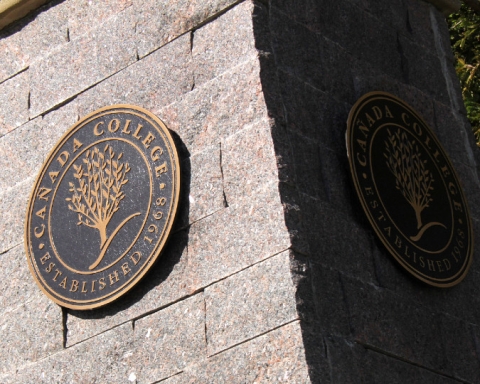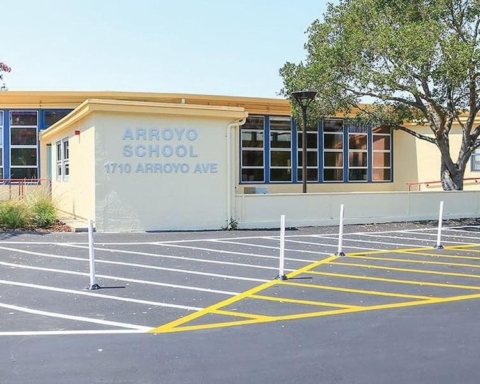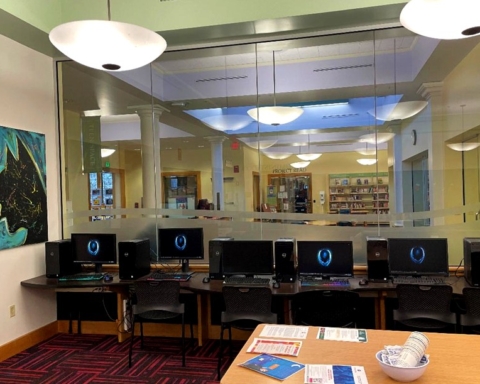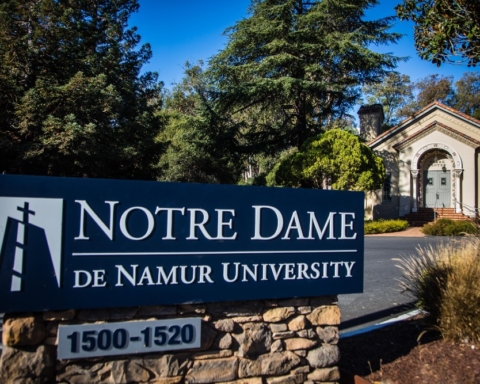San Mateo County aims to bring high-speed internet access to thousands of rural and low-income households via a new program partnering with school districts.
On Aug. 4, the Board of Supervisors voted unanimously to allocate $2.879 million in federal CARES Act funding to quickly deploy wireless connectivity to communities serving students in the Ravenswood City, La Honda-Pescadero Unified, Redwood City, and Sequoia Union High school districts.
As part of the program, the County intends to expand its existing SMC Public Wi-Fi network to areas that are densely populated by Redwood City students and where internet connectivity is currently lacking, the County said. This will add to the more than 100 free public Wi-Fi facilities the County has installed at parks, community center and public spaces.
“This expansion will allow students to stay in or near their homes where they can safely connect to the internet for distance learning,” the County said in a statement. “The County is also using some of innovative technologies, including wireless Remote Deployment Units (RDU’s), which are essentially mobile wireless hotspots on wheels that can be parked anywhere, on-demand in areas of need. The goal is to have the expanded SMC Public WiFi wireless networks operational in the fall.”
Qualified students in the Ravenswood City and La Honda-Pescadero Unified school districts will receive subsidized Comcast service for 14-months along with free access to portable mobile wireless hot spots by T-Mobile.
In addition, Comcast has extended free access to its public Xfinity WiFi hotspots to anyone who needs them, including non-customers, through the end of 2020.
The latest census track findings were used to identify areas where access is limited or nonexistent, the County said.
To carry out this pilot initiative, the County said it formed a public-private Digital Inclusion coalition, composed of government (County, school district), property owners (Eden Housing, Sand Hill Property Company/Woodland Park Communities), technology service providers (Kaizen Technology Partners, Strategy of Things, SmartWave Technologies and Aruba) and Internet service providers (Comcast, T-Mobile).
“This project is critical not just for students but also their families,” San Mateo County Board President Warren Slocum said. “The pandemic exposed what we already knew — that so many in our community do not have access to the internet. Digital learning highlighted this digital divide and this pilot is an important step to bridge the gap.”






